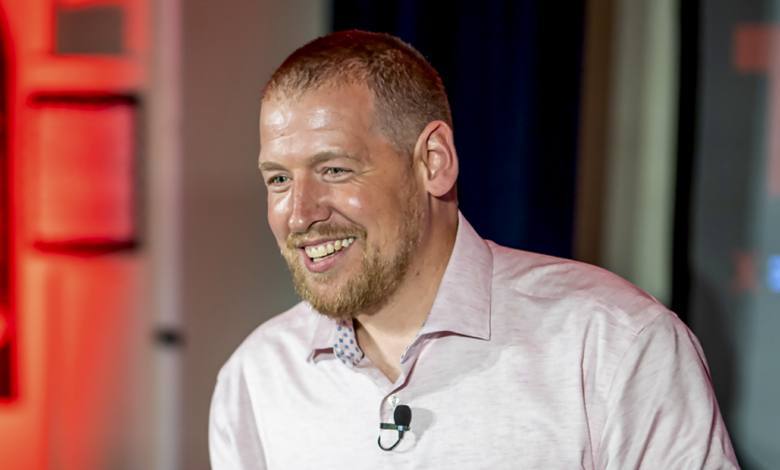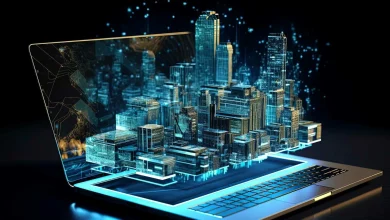
Artificial Intelligence is rapidly transforming the way businesses operate.
However, beyond these technological advancements, AI is proving to be a game-changer in workplace inclusion. By eliminating barriers, increasing accessibility, and addressing unconscious bias, AI is creating fairer opportunities for employees from all backgrounds.
Jamie McAnsh, a global DEI keynote speaker and Head of People at AI Experts Champions (UK) plc, believes that automation holds the key to revolutionising inclusion in the workplace.
He explained: “When designed ethically and with intention, AI has the potential to revolutionise inclusion in ways we’ve never seen before.
“One of the most transformative aspects of AI is its ability to eliminate unconscious bias in recruitment processes. AI-driven tools can focus on skills, qualifications, and potential rather than personal characteristics, ensuring that talent is recognised purely on merit.
“Technologies such as real-time language translation and adaptive user interfaces are enabling workplaces to be more inclusive on a global scale. These advancements ensure that individuals of all abilities, languages, and backgrounds can fully participate in the workplace.”
Companies investing in these technologies are embedding inclusion into their workplace culture rather than treating it as an afterthought. A 2024 report from the World Economic Forum found that AI-driven assistive technologies have improved workplace engagement for employees with disabilities by 30%, reducing barriers to communication and productivity.
Beyond daily applications, businesses are also being provided with data-driven insights into their inclusion efforts.
“AI is enabling organisations to analyse workplace trends and behaviours,” continued McAnsh. “This is providing actionable insights into gaps in inclusion. Through this, we are beginning to identify areas where marginalised groups may be underrepresented or unsupported and to develop targeted strategies for improvement.”
Organisations using AI analytics can track the effectiveness of their DEI initiatives, ensuring that progress is measurable and sustainable. However, without representation in AI development, there is a risk that the technology may replicate existing biases rather than eliminate them.
“While the potential of AI to advance inclusion is undeniable, it’s crucial to acknowledge that AI systems are only as inclusive as the people who design them. Building diverse teams within AI-related roles is essential to ensure these technologies reflect the voices and needs of all communities.
“A lack of diversity in AI development risks creating systems that perpetuate existing biases or exclude certain groups altogether.
“The rise of AI presents an unprecedented opportunity to embed inclusion into the very fabric of our workplaces. But achieving this requires intentionality, collaboration, and a commitment to ethical AI development. Organisations must not only embrace AI but also ensure it’s used as a tool to break down barriers, not reinforce them.”
AI is increasingly becoming a fundamental part of workplace culture, with businesses adopting it for hiring, communication, and employee engagement through automation and data-driven decision-making.
As its integration expands, questions will undoubtedly arise regarding both its benefits and the need for ethical oversight to prevent unintended exclusions.
McAnsh concluded: “AI is already shaping the workplace of the future, but its impact on inclusion will depend on how organisations choose to implement it. Used responsibly, AI has the potential to create a world where everyone, regardless of background or ability, has an equal opportunity to thrive.
“As we stand on the cusp of this new era, the question is not whether AI will shape the future; it already is. The real question is if we will use AI to create a future where everyone belongs.”




